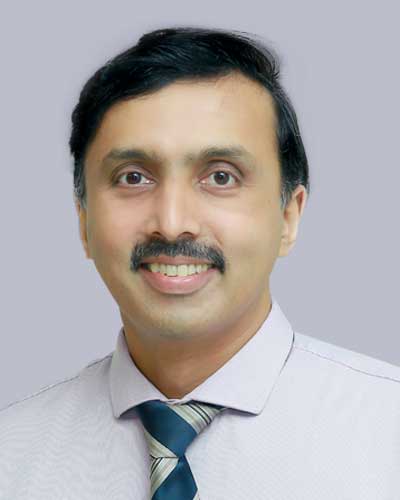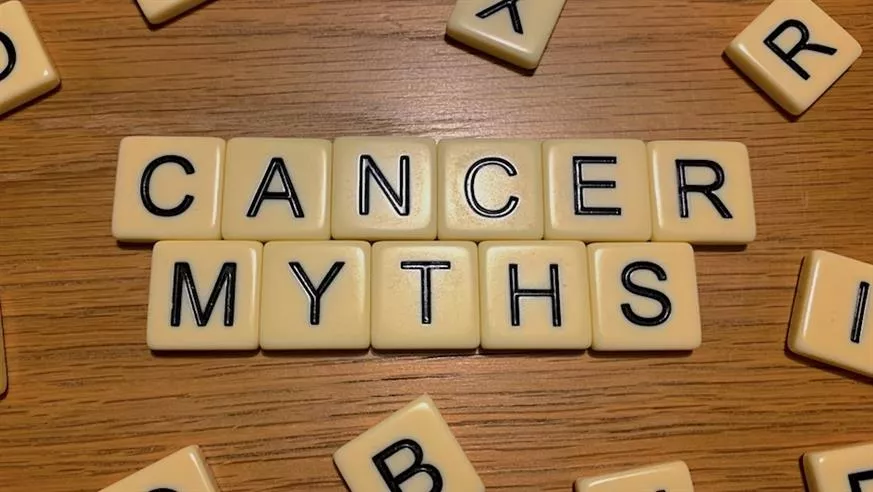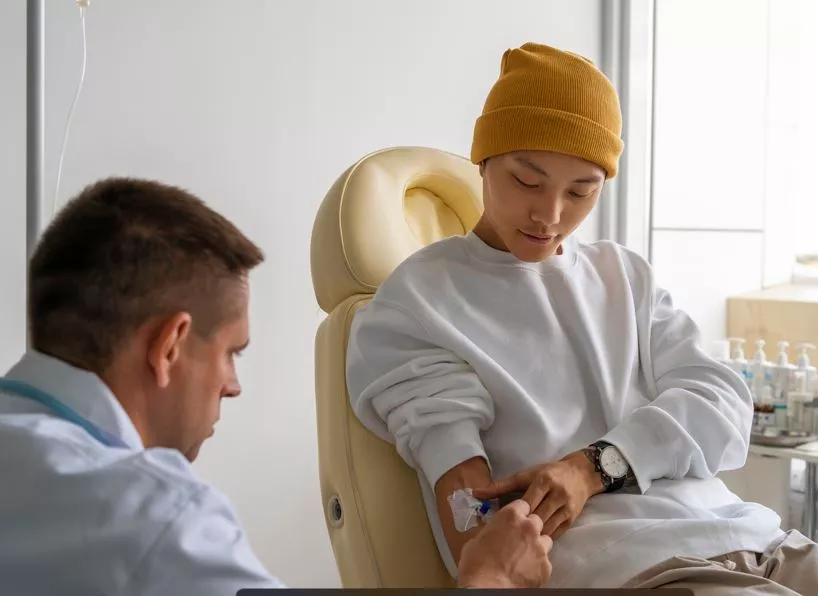Surgical oncology is a field of cancer that primarily focuses on surgery to diagnose and treat cancer, and remove it from your body. Doctors who are familiar with this field can also figure out if you have cancer or understand if the disease has spread to different parts of the body.
Why is surgical oncology performed?
There are several reasons why someone suspected of having cancer may undergo this surgery. Some of them are:
- To diagnose cancer (biopsy or surgery)
- Get rid of tumour or the area affected by cancer (debulking or curative surgery)
- Get rid of body tissue that may become cancerous
- Understand where the cancer is situated, and whether it has spread or affected the functions of other organs (staging surgery)
- Relieve side effects
- Restore your body’s appearance or function
- Support other kinds of treatment, like installing an infusion port
What are the things to keep in mind during surgical oncology surgery?
The cancer surgery can be bifurcated into minimally invasive surgery and open surgery. When talking about open surgery, the best surgical oncologist in Kochi will make an incision, often to remove all or a portion of a tumour and other healthy tissue. Consulting an experienced oncologist in Kochi Kerala can help you make the right decision for your treatment.
Whereas, minimally invasive surgical techniques involve:
- Laser surgery: In this type, the surgeon will use a narrow beam of high-intensity light and remove the tumour.
- Laparoscopy: In this type, the doctor will make a few incisions and then insert the laparoscope (a thin tube that has a tiny camera attached to it- helps capture an interior image) into one of the incisions to another incision and excise malignancies and the surrounding tissues.
- Robotic surgery: This kind of surgery is very similar to laparoscopic surgery. However, instead of using surgical tools by hand, the doctor uses a computer console to control the robotic tools.
- Cryosurgery: In this kind of surgery, the surgeon uses liquid nitrogen to freeze and then kill cancer cells.
Other than the aforementioned procedures, there are other procedures as well. For instance, embolization, endoscopies, Mohs micrographic surgery and pleuroscopy. This may be performed by non-surgeons such as dermatologists, pulmonologists, all of it depends on the procedure.
In addition, non-surgical treatments may happen before surgery or after surgery (adjuvant therapy) to help prevent cancer growth, recurrence or metastasis. The treatments may consist of radiation therapy, hormone therapy, and chemotherapy.
What are some of the reasons to opt for surgical oncology?
Opting for surgical oncology can help people who are diagnosed with the early stages of cancer or if the condition is more advanced. Some of the common reasons why you might need this kind of surgery are:
Try to prevent cancer: If you are at high risk of getting the disease in a certain part of the body, then opting for surgical oncology can help prevent it. For instance, there are women who come with a family history of ovarian or breast cancer and mutations in genes, they can work with the surgeon who can try to remove their breasts before cancer appears.
To check if you have cancer: When your doctor notices growth or other signs of a tumour, it's the job of the surgical oncologist then to remove all or part of the tissue. In the next step, the scientist studies it under a microscope to see if it has cancer cells. This procedure is known as a biopsy.
To figure out how severe it is: The oncologists use surgery to comprehend how advanced someones’ condition is. They do a thorough analysis of the tumour and figure out if it has spread to different parts of the body or not, such as lymph nodes.
To treat cancer: The primary job of surgical oncologists is to remove tumours and get rid of any cancer cells. Here are some different kinds of surgeries:
- Debulking: Oncologists opt for this surgery when it is too risky to remove the whole tumour. They try to remove as much of it as they can and treat the rest with the help of chemotherapy or radiation therapy.
- Curative: In this type of procedure the surgeons will remove the tumour that is positioned at one place. You may need radiation or chemotherapy before or after.
To ease the symptoms: Due to certain circumstances, if your doctor can’t get rid of the cancer with the operation, they might suggest you opt for palliative surgery. This may help you feel better. This surgery can help relieve symptoms of advanced cancer. For instance, if a tumour is pressing on a nerve or bone and causing a lot of discomfort, a surgical oncologist can perform this surgery to bring some relief.
Final Note
In the end, before making any decision, do a thorough analysis and find a surgical oncologist that is extremely skilled in the removal of the tumour. For more information regarding surgical procedure, book an appointment at the best cancer treatment hospital in Kochi, Kerala. You may also consult a trusted oncology Hospital in Kochi Kerala for advanced treatment and care.












